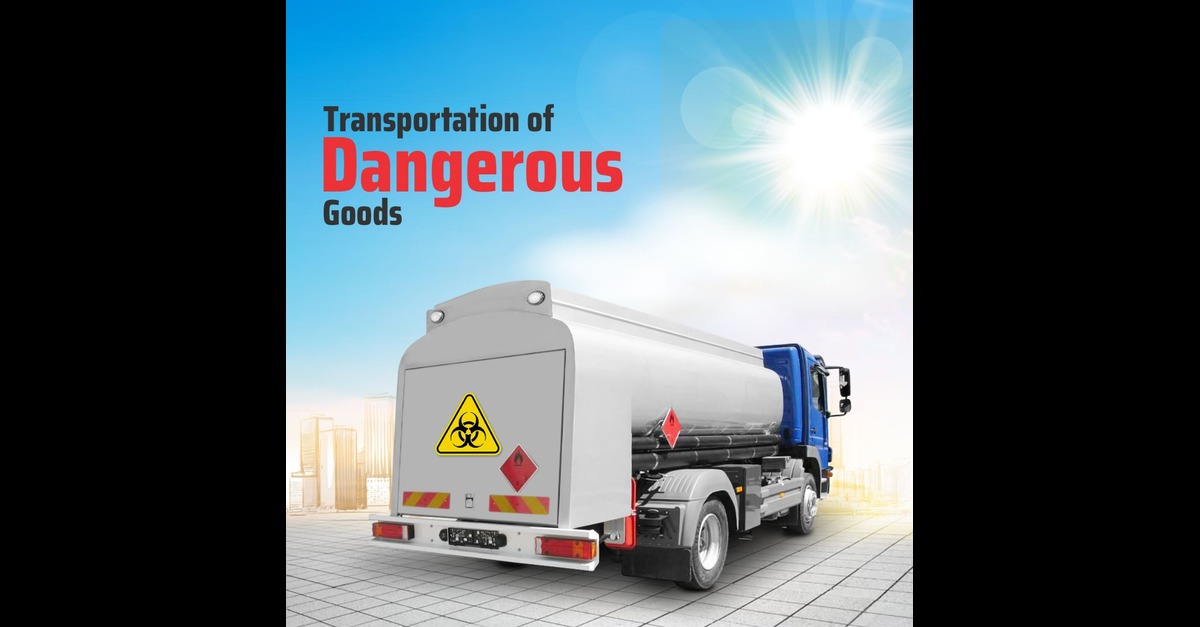INTRODUCTION
The Supreme Court of India made a significant decision implementing insurance compensation requirements for third-party road accident victims involving hazardous materials according to Rule 9 of the Central Motor Vehicles Rules of 1989 (CMV Rules) despite drivers not having endorsement. The court established a legal procedure where insurers must fulfill victim claims first but reserve the right to seek reimbursement from vehicle owners when they break their policy terms. The judgment strengthened third-party motor insurance philosophy by providing insurers a clear remedy to claim money back from policyholders who fail to meet regulatory standards.
BACKGROUND
M/s. Chatha Service Station v. Lalmati Devi and Ors.
A devastating oil tanker incident during transport of hazardous materials sparked the case between the parties. An accident claimed a life from an oil tanker that operated under a driver license but failed to carry the essential hazardous materials certification according to Rule 9 of the CMV Rules.
The insurance company used the enablement of statute lapse to challenge its responsibility toward third-party compensation because missing the required endorsement established a policy contract violation. The Motor Accident Claims Tribunal decided that the claimant should receive third-party compensation even when licensing requirements were not met so the insurer received orders to pay the reimbursement. The matter ended in appeals that finally reached the Supreme Court.
KEY POINTS
- Rule 9 of the CMV Rules, 1989:
Under Rule 9 of the CMV Rules, 1989 hazardous goods drivers must complete training which leads to certified proficiency for emergency handling of chemical spills and fires.
- Breach of Policy Terms:
By not providing this specific endorsement insurers considered it to be an essential violation of the insurance policy. Although insurers can recover costs from breaches they made in policy terms they still remain responsible for third-party liabilities under the law.
- Pay and Recover Doctrine:
According to this doctrine, courts have the power to require insurers to pay victims first before beginning recovery proceedings against the insured in case of policy term violations. The goal of this doctrine exists to protect uncompensated victims when insurers and insured parties engage in internal disputes.
RECENT DEVELOPMENTS
The MACT preserved its initial order by securing approval from the Supreme Court as the High Court’s previous ruling failed to recognize Rule 9’s public safety purpose. The Court emphasized that:
- Road accident victims qualify as the fundamental reason behind insurance requirements for third-party protection and compensation.
- A legal driver’s endorsement omission remains a crucial violation yet victims maintain their right to compensation from the insurer.
- The vehicle owner must fulfill all regulatory and licensing obligations specifically regarding hazardous substance transportation because this practice creates elevated dangers for public safety.
- According to the judgment the insurer must provide immediate compensation payments and any resultant noncompliance with regulations fails to erode the basic social benefits of motor vehicle insurance laws. The court ruled for upholding both insurance company rights to claim reimbursement from car owners in addition to preserving compensation payment duties to accident victims.
CONCLUSION
The Supreme Court delivered its decision through the case to strike a necessary equilibrium between public interests and the contractual requirements within motor vehicle insurance legislation. The Court leveraged ‘Pay and Recover’ doctrine to guarantee victims of motor accidents will not suffer from insurance expiration missteps of their insured. The court protected insurer recovery rights while maintaining compensation rights for victims because it wanted to prevent rule violations such as those in CMV Rule 9.
The court’s decision provided necessary clarity to motor insurance disputes and respects Indian government efforts to create friendly victim-centric regulations without compromising commercial transportation sector oversight. This literal judicial decision notifies vehicle fleets and private car owners about their essential requirement to follow all safety measures and licensing protocols, mainly within dangerous transportation environments like hazardous material shipping.
“PRIME LEGAL is a full-service law firm that has won a National Award and has more than 20 years of experience in an array of sectors and practice areas. Prime legal falls into the category of best law firm, best lawyer, best family lawyer, best divorce lawyer, best divorce law firm, best criminal lawyer, best criminal law firm, best consumer lawyer, best civil lawyer.”
WRITTEN BY RIMPLEPREET KAUR


